IMMEDIATE RELEASE – 23rd July, 2014
At-Grade Rail systems, like the Light Rail Transit (LRT) proposed in the City of Surrey, are more vulnerable than SkyTrain in experiencing large service issues like the two issues with SkyTrain seen in the past week.
Three weeks ago, riders and news agencies were describing a major service disruption on the Portland, Oregon MAX LRT system as a “service meltdown”.
This was similar in nature to Monday’s SkyTrain incident, completely halting train service on the Yellow and Green LRT Lines and intermittently disrupting Red and Blue Line service. Portland’s transit authority and media reported that it took more than 7 hours to fix the problems and return normal service to all lines, during which passengers needed to be ferried around with shuttle buses and faced significant delays during the morning rush hour.
The June 30th meltdown was one of more than 6 service disruption incidents in the past three weeks on Portland’s MAX LRT, with delays to passengers exceeding 30 minutes, and the second “service meltdown” in 3 months.

“SkyTrain is one of the most reliable rapid transit systems in the world – which is part of why I want to see more of it in Surrey,” says Daryl Dela Cruz, lead campaigner for Better Surrey Rapid Transit. “At-grade rail systems, on the other hand, can suffer from worse reliability records – especially where they have on-street sections”
Daryl has voiced active opposition to the Surrey LRT proposal, and is pushing with Better Surrey Rapid Transit for an alternate, more practical vision for Surrey Rapid Transit involving investments in Bus Rapid Transit (BRT) and an Expo Line SkyTrain extension to Langley.
Recent research he conducted into rapid transit systems in North America revealed that on-time performance in rapid transit systems declines the less a system is grade-separated. Grade separated rapid transit systems like SkyTrain see on-time performance rates higher than 90%, whereas LRT systems in mixed traffic like the Toronto streetcar and San Francisco Muni Metro operate as little as 50 to 60% of service on-time.
Surrey’s proposed system will operate separately from mixed-traffic, but will still be entirely on-street – and be very vulnerable to service disruptions that can last hours, require shuttle buses and inconvenience passengers.
The City of Surrey has just released a CitySpeaks survey to gauge stakeholder support for Light Rail Transit. This survey conveniently omits mention of serious LRT project downsides and risks to project benefits and ridership.
Better Surrey Rapid Transit is working hard to point out flaws in the Surrey Light Rail proposal, and advocate for a more practical vision that offers better reliability for Surrey stakeholders.
For additional information, please visit skytrainforsurrey.org or contact:
Daryl Dela Cruz, lead SkyTrain campaigner – Better Surrey Rapid Transit
Cell: (604) 329-8082; E-mail: [email protected]

